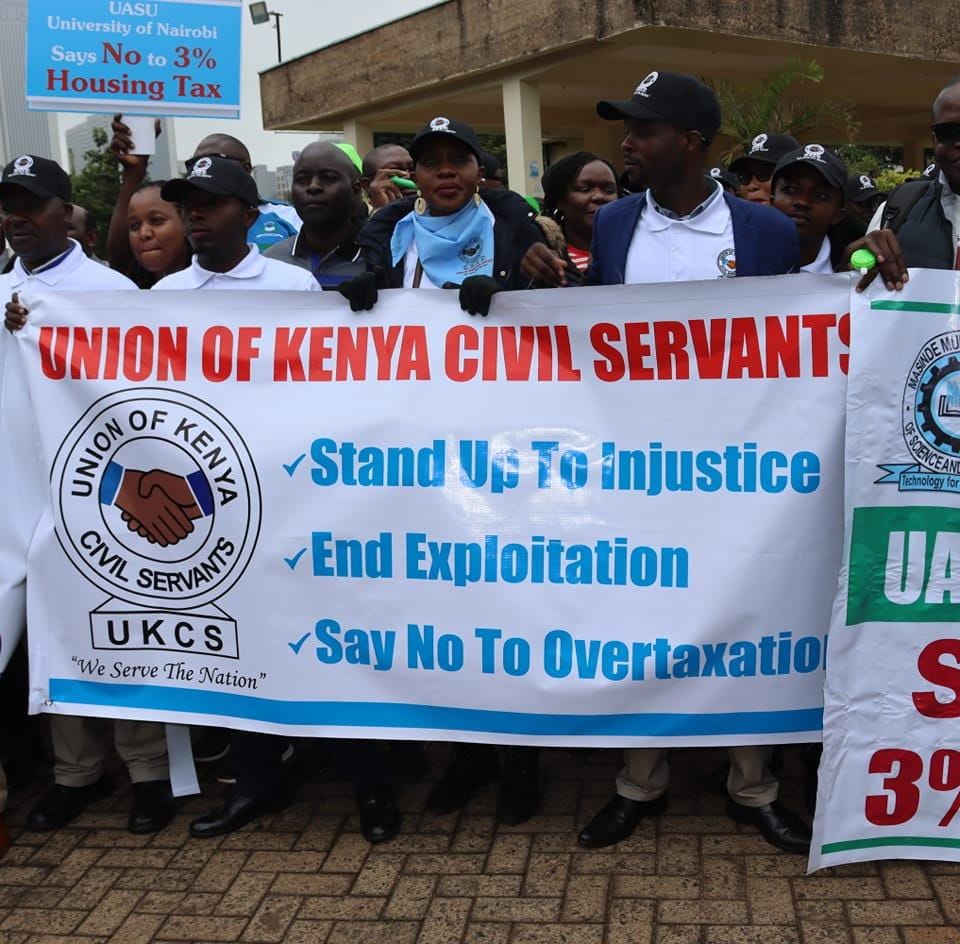
A new report from the Ministry of Public Service has sounded the alarm over the mental health of Kenya’s public servants, revealing that nearly six out of every ten employees are struggling with psychological challenges.
The findings, released during a wellness forum in Nairobi, show that the public sector is bearing the brunt of stress, financial strain, discrimination, and crushing workloads, factors that continue to erode the wellbeing of government workers.
Esther Kinyanjui, Acting Director of the Directorate of Counselling and Wellness Services at the ministry, described the situation as deeply concerning.
“About 25 per cent of outpatient visits and 50 per cent of inpatient cases in hospitals are linked to mental health conditions. In the public service, 59 per cent of public servants are struggling with mental health challenges,” she said.
The report notes that high workloads often leave employees exhausted, while some staff endure underutilization, workplace bias, or lack of recognition—all of which compound emotional distress. Women employees face additional strain as they balance professional responsibilities with family obligations, making them particularly vulnerable to anxiety, fatigue, and depression.
Women working in government are especially at risk because they shoulder responsibilities both in the workplace and at home.
“Female officers juggle professional duties alongside parenting and other family demands, placing them at higher risk compared to the general population,” Kinyanjui added.
In response, the government has begun training and deploying “mental health champions” across state institutions. These officers are expected to spot early signs of distress and link their colleagues to counseling and professional support.
The initiative is part of wider reforms aimed at reducing stigma and normalizing conversations around mental health within the workplace.
Despite progress, stigma remains one of the biggest barriers. Martha Mercy, Head of Physiotherapy at the Ministry of Health, underscored the challenge of creating safe spaces for disclosure.
“Mental health is a disability… We need disclosure mechanisms at the workplace. But people are called insane,” she said.
Experts warn that without tackling stigma head-on, many civil servants will continue to suffer in silence, worsening their conditions and reducing productivity.
Kenya’s public service is not alone in facing a mental health crisis. Broader national data shows that one in four Kenyans will experience a mental health condition in their lifetime, according to the World Health Organization.
The ministry says it is prioritizing workplace wellness programs, community engagement, and health sector reforms to address the crisis. Kinyanjui emphasized that supporting civil servants’ wellbeing is not just a health issue, but an economic one.
“The wellbeing of our public servants is tied to the productivity of the entire nation. We cannot afford to ignore this crisis,” she noted.
The government hopes that new policies, combined with cultural change around mental health, will help restore resilience among Kenya’s workforce ensuring that public servants can deliver effectively to the millions who depend on them


